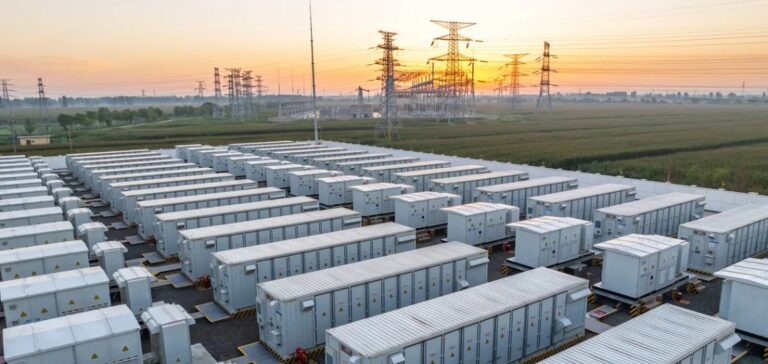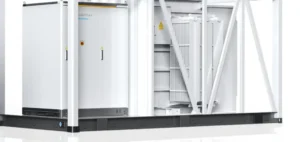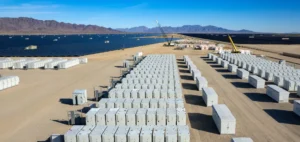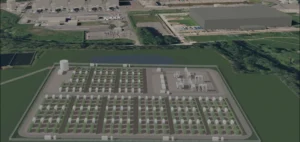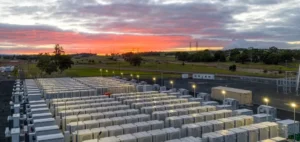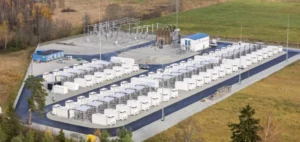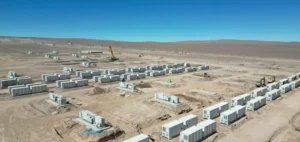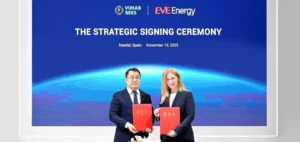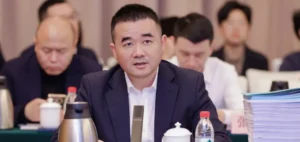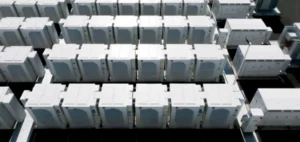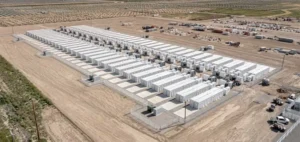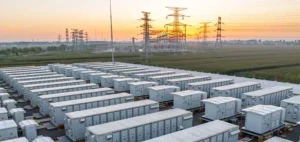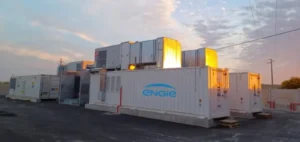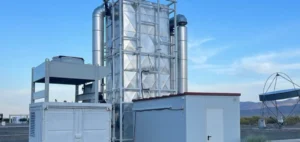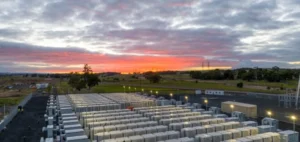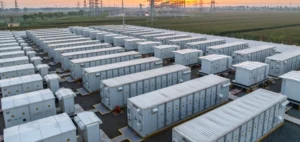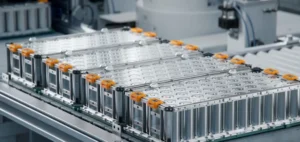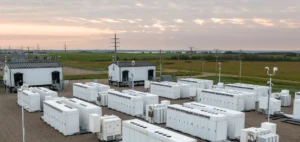The United States stands out as one of the main markets for battery storage, according to the Federal Energy Regulatory Commission (FERC). Based on validated projects, the country anticipates 19 gigawatts (GW) of operational installations by the end of the year. Strong electricity demand is prompting operators to bolster their infrastructure to smooth out consumption peaks and reduce possible disruptions. Several specialized institutions believe that these additional capacities will further stimulate energy market exchanges.
Investments and regional rollout
The California Independent System Operator (CAISO) already reports more than 7 GW of storage connected, part of which has completed operational testing. Texas attracts investors with a favorable regulatory environment and high electricity consumption. According to the Energy Information Administration (EIA), the average cost of batteries has dropped by about 50% over five years, allowing wider access to these solutions. Some analysts suggest that the rise of these systems could cover nearly 10% of peak demand in the most energy-intensive regions.
Current projects rely primarily on lithium-ion batteries, although other technologies are emerging to diversify supply. Developers often establish long-term agreements, securing the sale of stored energy to distributors or industrial customers. Several consortiums capitalize on price volatility to optimize their revenue, taking advantage of variations in market rates. Validating these 19 GW nationwide meets the operators’ requirements and fosters economic growth opportunities.
Financial strategies and operational challenges
International investment funds consider this sector promising, with returns sometimes surpassing those of other energy segments. Local authorities encourage the deployment of additional capacity through specific aid mechanisms or targeted tax reductions. However, securing strategic minerals remains crucial to sustaining this industrial momentum. Market experts estimate that the strength of the supply chain will directly affect both the reliability and profitability of large-scale installations.


